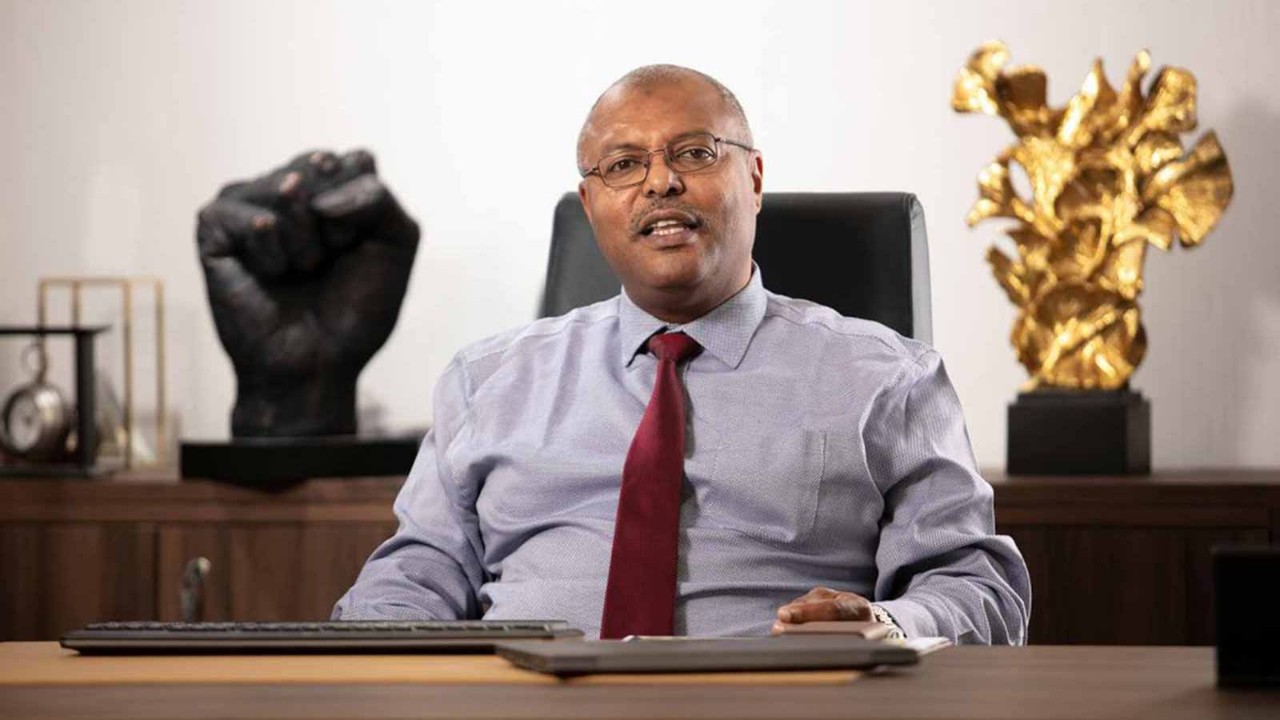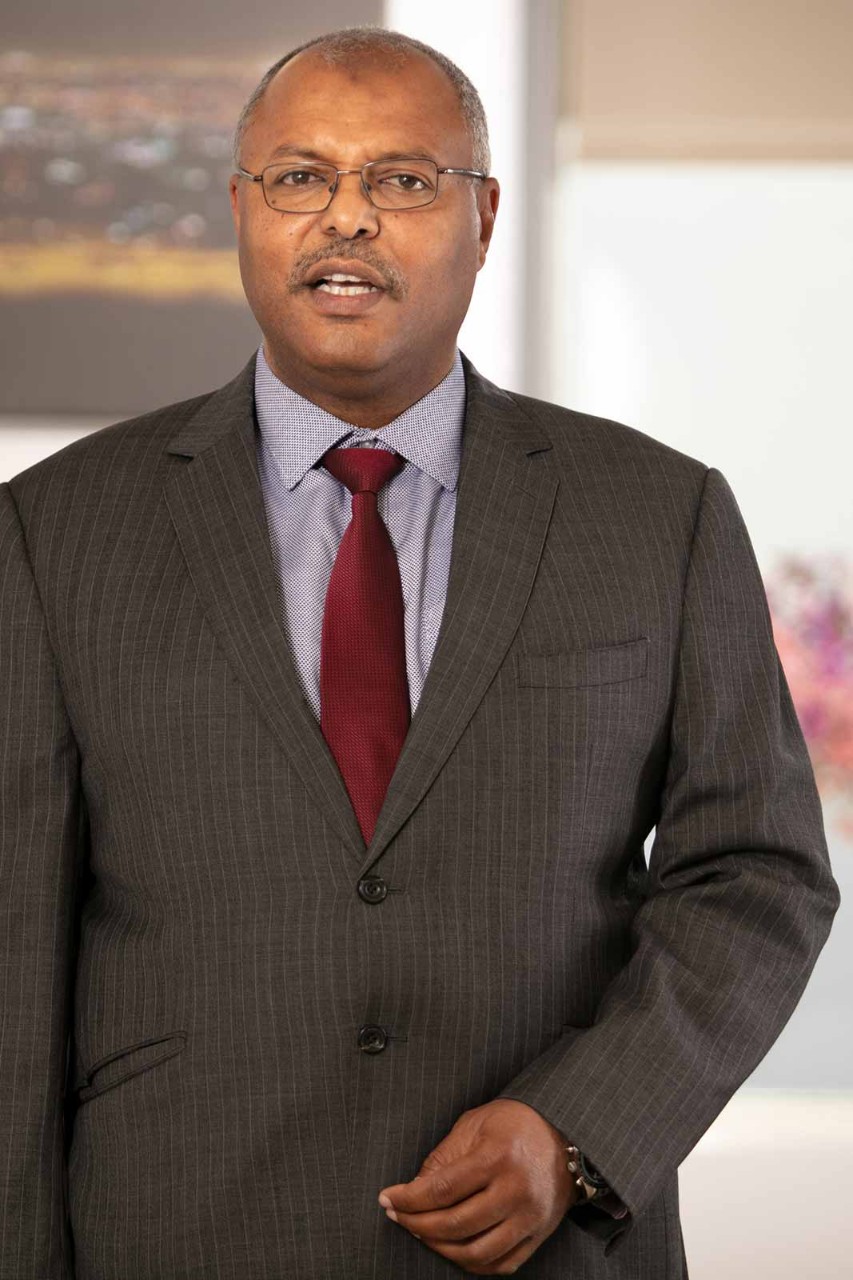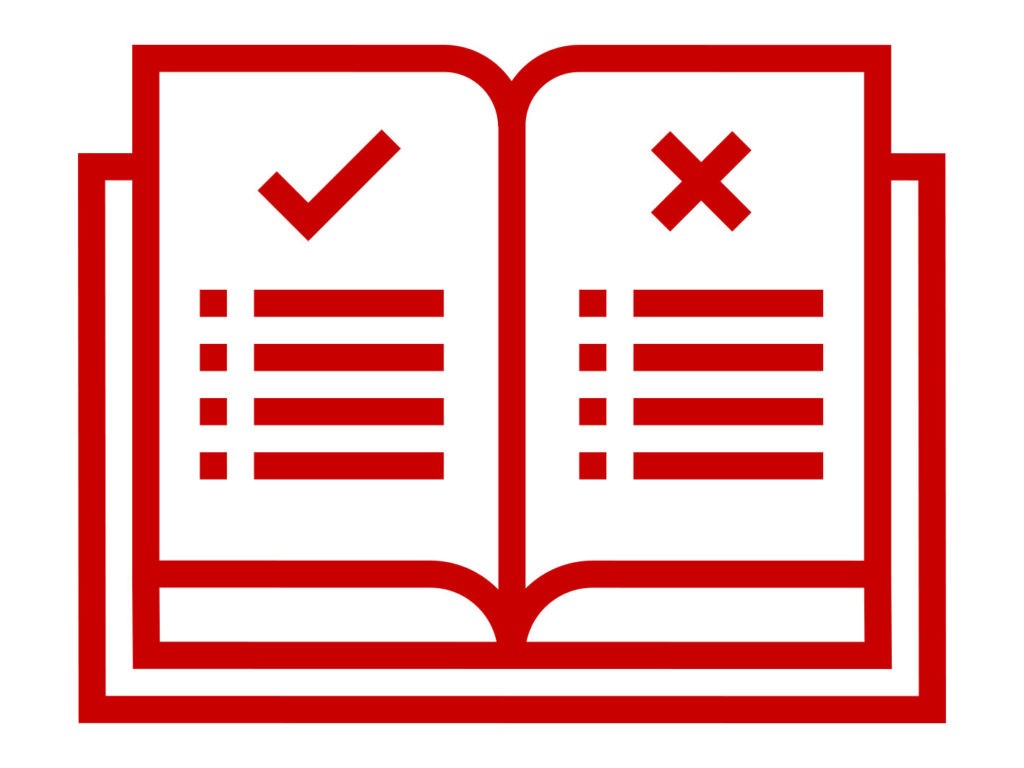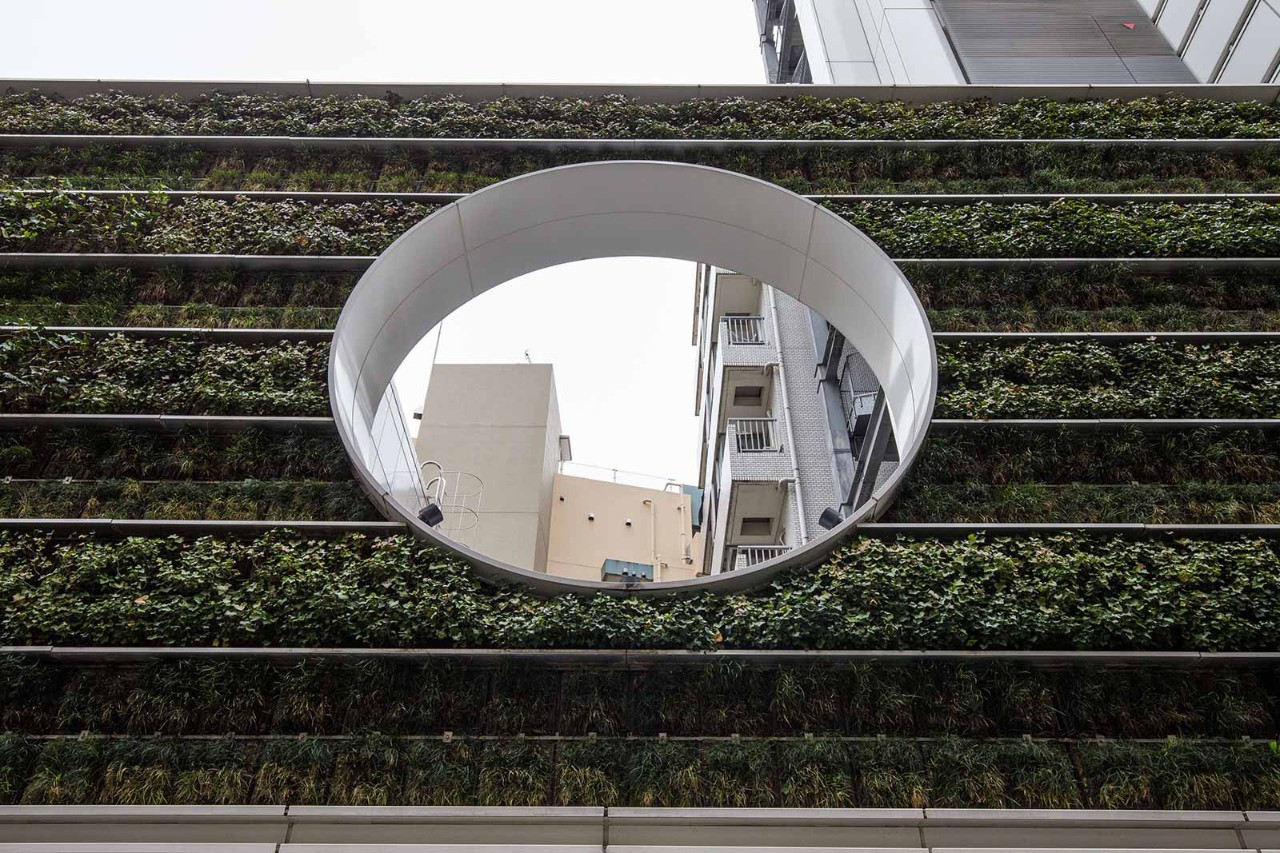
Accountant, internal controls and audit expert Abubakr Hummeida FCCA is a Gooner – a supporter of premier league football club Arsenal. And for a football aficionado, he is in the right place at the right time, as he is currently overseeing internal audit for Ashghal, Qatar’s public works authority, responsible for infrastructure construction ahead of November’s Fifa World Cup 2022.
‘I’m a big fan and have been since my student days,’ says Hummeida. Arsenal’s recent crushing 3-1 defeat to Manchester United is still fresh in his mind but he still remembers watching Arsenal win the First Division in 1989, beating Liverpool 2-0 in the last minute of the game. 'It was a real nail-biter,’ he recalls.
'We have to achieve so many things, with different challenges, in a very tight timespan'
CV
2014
Internal audit advisor, Ashghal, Qatar’s public works authority, Doha
2009
Chief auditor, Abu Dhabi Ports Company
2000
Audit supervisor, Abu Dhabi Audit Authority (now Abu Dhabi Accountability Authority)
1999
Gained ACCA Qualification
1993
Auditor, Hassabo & Co, Khartoum, then with Hafez & Co and Harvey & Co, London, UK
1991
Trainee banker, Middle East Bank, Khartoum, Sudan
For eight years now, Hummeida has, in some senses, been immersed in football, given that his job involves leading assurance for infrastructure projects worth US$170bn (excluding the stadiums), constructed for the World Cup.
This challenge places Hummeida and his team under an intense global spotlight. ‘We find ourselves in the middle of doing so many things, all with different challenges, within a very tight timespan,’ he says, speaking from his office in Doha with what seems to be trademark understatement.
International education
The son of a diplomat, Hummeida was educated not just in his home country of Sudan, but also in France, Somalia, Algeria, Mali and Chad, and mastered English and French in addition to his first language, Arabic, along the way.
His father, Eltayeb Ahmed, rose to become Sudan’s ambassador to France, but when political upheaval saw Hummeida senior move to work for the United Nations in Morocco, his son was enrolled at the University of Cairo in Khartoum, Sudan, where he entered the faculty of commerce. It was here he encountered accountancy for the first time.
After graduation he joined the banking sector, but did not enjoy it. ‘I felt it was really robotic work,’ he says. After seeing that many people were taking ACCA exams, in the late 1990s he moved to London to gain his ACCA Qualification, studying at Emil Woolf College, which just happened to be a stone’s throw from Highbury, Arsenal’s stadium at the time. ‘We attended matches regularly,’ he recalls.
Abu Dhabi calls
Stints with small accountancy firms in the UK followed, before a friend sent his CV to recruiters in Abu Dhabi, where the government was looking to set up a new audit regulatory authority, having suffered huge losses in the Bank of Credit and Commerce International (BCCI) scandal.
Hummeida was tempted and duly recruited. He spent nine fulfilling years at the Abu Dhabi Audit Authority (now Abu Dhabi Accountability Authority), where much of his work involved overseeing privatisation projects and, critically, the construction of Abu Dhabi Ports' (ADP) flagship deepwater port, Khalifa Port. He subsequently became the chief auditor for ADP, before being recruited to Qatar in 2014 to establish the internal audit department at Ashghal.
The work at the public works authority has been massive (see boxout), amounting to a total of around 700 separate projects all told. And all along the way, Hummeida’s team – 34 permanent staff supplemented with contractors and consultants – has provided assurance for the work, its contracts and contractors.
'One of the biggest worries is the risk of contractors failing to deliver on time'

Preparation and flexibility
It’s no wonder he says he’s looking forward to celebrating at the end of the tournament. The sheer scale and breadth of Ashghal’s work – non-World Cup-related projects, including schools, universities, mosques and drainage – must also be attended to alongside tournament work) raises a question about how the assurance is provided. Hummeida says the secret is preparation and flexibility.
‘We have risk management functions in place, and we prepare an annual audit plan, as well as three- and five-year strategic plans.’ Though mostly risk-based, his team must also respond to ad hoc demands from those directly involved in World Cup preparations.
‘It’s not 100% risk-based because we also have directives to follow from higher authorities [government officials], and there is also input from the national World Cup committee.’
Then there are other considerations. Though a ‘risk-based’ approach might suggest ‘mega’ projects get the most assurance attention, smaller projects, like ‘fanzones’, also warrant an intense focus from Hummeida’s team.
‘If we used the normal set of criteria we would disregard these projects.’ But, he explains, fanzones raise concerns about health, safety and security. ‘Reputational risk requires us to focus on them because there are direct inputs from the World Cup committee.’
'We step in and remind our people of the real risks in awarding contracts'
World Cup-related infrastructure
700
Projects
173
Bridges and tunnels
92
Interchanges
2,035km
Roads, linear length (10,099km lane length)
2,214km
Cycle lanes/footpaths
4,530km
Surface water and sewage networks
Deadlines and contracts
Some aspects of the World Cup are, however, more concerning than others for internal auditors. Financial deadlines, cost controls and contract arrangements are important, but the issues that keep Hummeida awake at night are more prosaic. ‘One of the biggest worries for us is not the financials. It is the risk of contractors failing to deliver on time.’
Political tensions in the Gulf mean Ashghal has been unable to deploy the largest, most high-profile contractors from the region. That’s meant using an army of other contractors, who may not have the same level of experience or expertise.
‘We review contracts and also the financial structure of contractors,’ says Hummeida. ‘There is a risk management function in place and our role is to ensure that this risk is being properly managed and properly addressed, and bring it to the attention of higher management.’
He adds: ‘We have to step in and remind our people, our tendering committees, of the real risks faced in awarding contracts.’
The other big risk is materials. Once, materials like sand or aggregates for highway foundations would have taken just a few hours to deliver. But again, political friction means these materials now come from much further afield, from the likes of Pakistan or Iran, and delivery now takes weeks rather than hours.
‘We must review the basis for sourcing materials. We do the due diligence to see if they are coming from reputable organisations and whether they have the capabilities to fulfil our requirements.’
Diverse role
This all adds to the diversity of Ashghal’s internal audit work, a facet of the job Hummeida says he appreciates hugely. But he’s also mindful of the lessons that working at Ashghal offers. ‘The biggest is that you need to plan carefully. And have a clear direction. Without a clear direction you really suffer a lot.’
And then there are the people. ‘Listening to people is very important because they are experts in their subject matters. Even low-level workers understand how construction works.’
This appreciation of people has, perhaps, led Hummeida to his most significant innovation: he hired engineers to work alongside his auditors. ‘The mindset of engineers is totally different from auditors,’ he says. His audit reporting is now split between reviews undertaken by auditors, and technical reviews undertaken by engineers. ‘It’s improved internal audit outcomes dramatically,’ he says.
End in sight
Much of Ashghal’s World Cup work is now done, though there are still some small projects left to complete and there will be work closing out contracts at the end of the tournament, awarding maintenance work and possibly some contract disputes to handle, much of which will call for the services of Hummeida’s assurance team.
But mostly what’s left to do is to enjoy the football. And here Hummeida reveals a surprise. Despite his Gooner allegiance he won’t be backing England in the World Cup. His big tip is Germany – he even has tickets to take Salah, his 12-year-old son, to see them play. ‘I am a big fan of the German national team too,’ he says, beaming a smile through Zoom.
Germany may not win the World Cup, but they and everyone else are sure to use Qatar’s infrastructure. And Hummeida can take pride in having played a critical role in getting the teams and their fans to the games, safely and on time.




